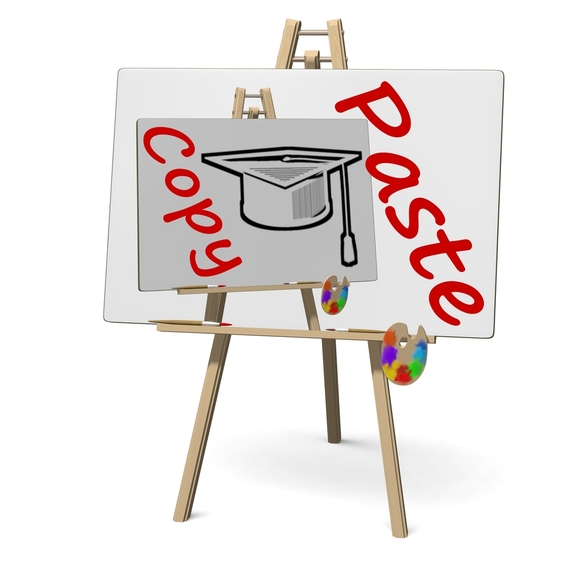As the assistant director of the Markkula Center for Applied Ethics at Santa Clara University, I was initially excited to see that the word "ethic" was 6th on Merriam Webster Dictionary's list of terms with the greatest increase in lookups in the past year. Excellent, I thought. More people are interested in ethics.
But then I started to wonder what such a statistic could mean. Were people wondering about the definition because they wanted to lead a better life? Or were they disgusted with the behavior they were seeing around them and hoping to get some help from ethics -- "the study of well-founded standards of right and wrong that prescribe what humans ought to do"?
That definition, by the way, is from an article first posted on the Markkula Ethics Center website in 1987, but you might not know that if you searched the phrase in Google. There, you would find more than 15,000 pages using that exact wording. Some of these pages cite the article, "What is Ethics?" where the definition appears. But a disheartening number do not use quotation marks or give the source for their borrowing.
Even more depressing, of the first hundred or so sites quoting our definition, nine were essay mills -- sites where students can download term papers. Ostensibly students use these "for research," but usually, they hand the papers in as their own work. I checked five major purveyors of these "free essays," and all five offered term papers that use Ethics Center material. My favorite begins with this pledge:
I certify that [my] report does not incorporate without acknowledgement any material previously submitted for a degree or diploma in any university and to the best of my knowledge and benefit it does not contain any material previously published or written by another person except where due reference is made in the text.
For the crowning irony in this irony-free zone of free papers, today we received this request via our website:
Hi, I wonder if you could put a link to my site http://buyessay-help.com/
Thank you!
Lest you are inclined to tut-tut about the declining morals of the younger generation, this casual theft of intellectual property is not confined to students. We recently had to send a "cease and desist" email to a website that offers free downloadable versions of books.
The only problem is that many of the materials they include--like our Character Education Curriculum--are copyrighted. And we cannot have been the first publisher to complain about this infringement. The site offers a pull-down menu on its "Contact Us" page where you can designate your messages as a Digital Millennium Copyright Act complaint.
So, are ethics on the upswing? Not in the area of plagiarism, at least from the evidence we're seeing. I'm left to conclude that more people may be looking up "ethic" in the dictionary than ever before, but an awful lot of them are doing so in order to copy the definition, unacknowledged, into their term papers.
